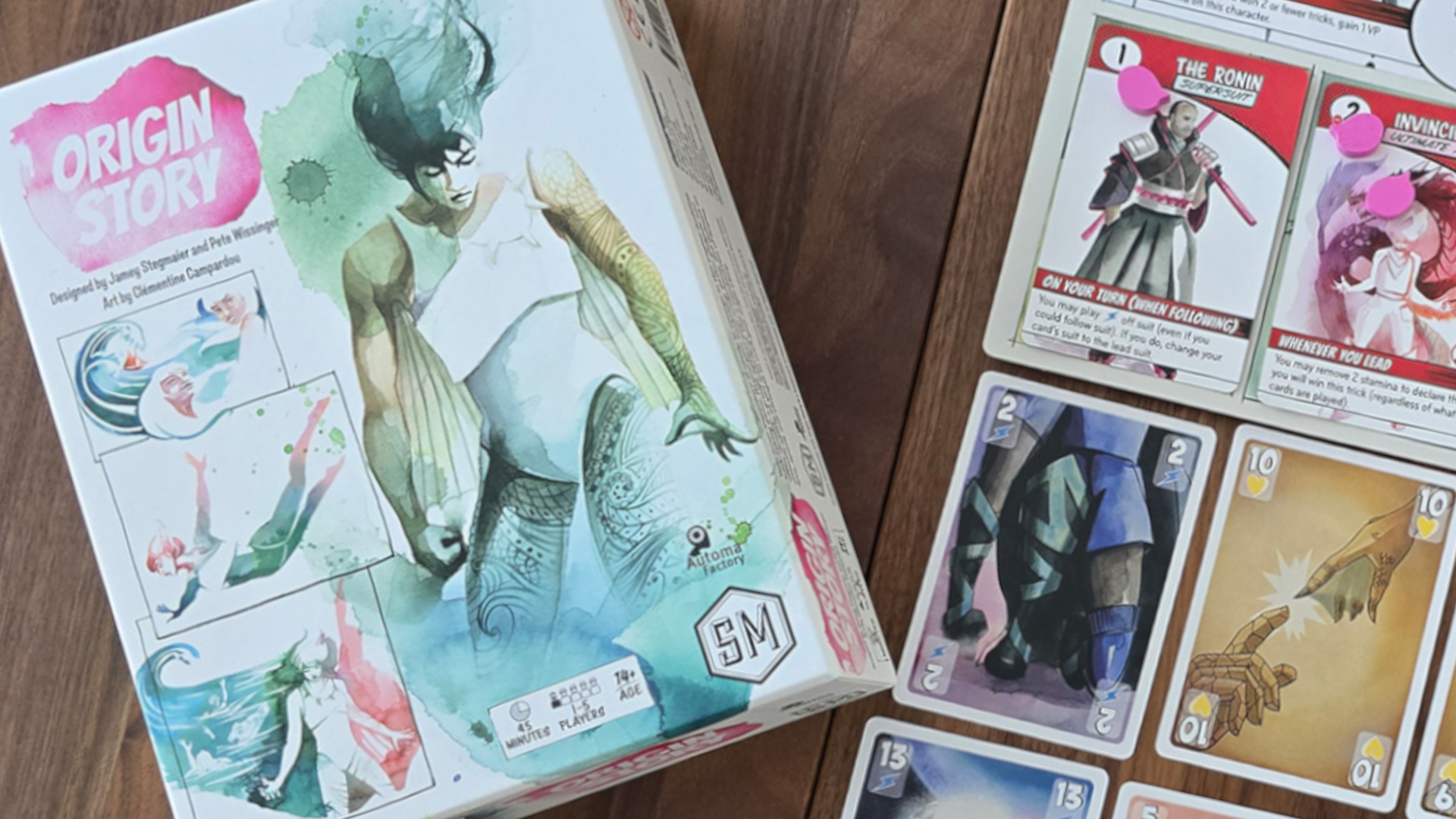Dick Mills interview
Dick Mills was the creator of Doctor Who’s sound effects from 1972 until the classic series’ run ended in 1989, although as an assistant to Brian Hodgson he had worked on the series uncredited from its earliest days. He also provided sound effects for countless other BBC shows. His work is represented on a new CD, BBC Radiophonic Workshop: A Retrospective, which you can learn more about (and get a money off offer from) here .
When did you join the Radiophonic Workshop?
“About six months after it opened.”
And what was you background? What qualified you for the post?
“Well, apart from being in the right place at the right time – which seems to be the story of my life – I was in the Air Force as a ground wireless technician, so that seemed to qualify me for a job at the Beeb, thankfully. And I joined the BBC in 1956 at the end of my National Service and it was two years later that a vacancy arose at the workshop for an engineering person. So I said, ‘Yeah, I’ll have a go at it,’ and went there and stayed ever since.”
You’re best known to Doctor Who fans for creating the show’s sound effects for much of the ’70s onwards. But this new CD compilation proves you had a stab at creating music at times as well – very odd, but quite amazing music. It’s almost avante garde!
[Laughs] "I did go in for sill nebulous backgrounds at one stage, but that was more of a sort of a fairy story or a science fiction requirement rather than a proper tune as I would call it.
Weekly digests, tales from the communities you love, and more
“Everybody says to us at some point during interviews, ‘When you were doing this, did you ever think that you were setting new standards?’ Of course you don’t. And people ask us if we were inspired by experimental musicians on the continent doing the same thing and we say, ‘Well, we knew what they were doing and we listened to bits and pieces.’ But there's a subtle difference. Well, a not so subtle difference. People on the continent were doing it for their own experimentation and satisfaction, whereas we didn't do anything until somebody else in the BBC had a programme that wanted our support. So we were always chasing deadlines. We couldn’t say, ‘No, give us another six months because I haven’t quite finished how I want it to be,’ when the producer says, ‘I’ve got to have it by Monday week because that’s when the transmission is!’ So we were limited as to how long we could experiment really.”
So you didn’t feel like pioneers?
“Only when you were trying to get some bit of equipment to work that wasn’t designed for the job in hand. I mean, you’ve got to remember that up until probably the late ’60s the workshop had very little specialised equipment. We didn’t have multitrack tapes or anything then. We certainly had never heard of sequencers or computers or samplers. Everything had to be done by tape manipulation once we’d got sound recorded onto tape. And then it was a case of cut and sticky tape joins. Especially John Baker – he was king of cut and stick, really, because he would recorded sounds, and then speed the tape up or slow it down, and then cut as many crochets and quavers or whatever, as he needed, and then physically stick the whole lot together and came out with wonderful sort of jazzy music. Once the synthesisers and samplers came in, poor old John he couldn’t adapt, and that was a pity.”
Did you have any trouble adapting?
“Well, yes and no. I got a computer – a BBC B computer when they first came out. I was quite happy to use a computer in my other life, as a freelance writer, so I was into processing and I knew what a computer could do in cut and paste terms. But there again, there were no particular software programs available for composing sound sequences. I had to use software designed for creating music. I had to sort of mentally ignore the fact that the software I was using was meant for composing. For instance, when I was doing Doctor Who stuff, when there was lots of ray guns and things, I'd sample all the guns noises I'd made, then put them into the sequencer, and it just so happened that some of these ended up as E-Flats or G-Sharps or whatever. That part wouldn’t worry me. It was just a sequencing that allowed me to put the sounds in the right place at the right time.”
Was the job more fun in the arly days or in the later days as technology and production techniques changed?/
“It’s difficult. Postproduction work was slightly easier because you actually worked to an edited episode. You knew exactly what you had to do. Beforehand, for both radio and television, it was all preproduction and you work from a script, getting the sound effects ready for when the production was recorded. And you may have worked for a couple of weeks of some sequences that just weren’t used because they were cut out of the final recording. Post production is much better in terms of knowing what you’ve got to do, but very often post production meant that most of the work had been done except your bit, and you were so near to transmission time that it didn’t give you as much time to do what you had to do. I think the average time in the end for Doctor Who was 10 days from first seeing the episode to delivering the final dub.
“It’s okay for episode one, but for episode 20 of a 26 episode run, there's lots of overlaps because you’re dubbing one, you’re viewing another one, and you’re working on another one.”
You obviously enjoyed the job – you never left, until you had to retire!
“There were no real short-term contracts in those days, and we used to feel more loyalty to the BBC. You were in and you had to do something pretty terrible to be out. If you wanted to move within the BBC there was nothing to stop you applying for a different job of course, but it wasn’t a job for me. You never knew what you were going to have to do from one day to another. And it was always creative.”
What is your biggest contribution to the worlf of sound effects, do you think?
[Laughs] “I think I’m best known for big slimy green monsters, where I used that anti cleansing gel – Swarfiga. You get a handful of that and rub it between your hands and record that – first of all it gets silly, and then it gets obscene, and then after that it’s just completely mind-blowing.
“I’m really sort of tagged with that one. I’ve been to conventions where the Master of Ceremonies says, ‘Thanks for the interview – we'd like to make you a small present’ and then it's usually a tin of Swarfiga.”
Did you ever suffer from prima donna directors who didn’t understand your art?
“WE were in a very envious position because it was a seller's market. Most producers and directors came to us towards the end of their productions, when they realised they needed something. The really good directors came earlier on. But the people that came late on were more or less forced to accept what we gave them because if they didn’t they were no better off than when they came to us. Obviously if something just didn’t work, then we would have to try to modify it, but that was usually quite easy to do, because we would have all of the components at hand.
“But we did have some. We had the people who knew what they thought they wanted, and we usually came up pretty near to want they thought they were going to get. We had ones who didn’t know what they wanted and would come and say, ‘I need something for my production can I sit down and listen to your library?’ Well, no, don’t think so - not with a few thousand samples to listen to. Then you’d get the others who'd come in and say, ‘I don’t know what I want, but I will know it when I hear it.’ And the best one was the bloke who came in and said, ‘I want you to amaze me.’ Now, you don’t know whether to set fire to him or throw a bucket of water over him, or what.”
SFX Magazine is the world's number one sci-fi, fantasy, and horror magazine published by Future PLC. Established in 1995, SFX Magazine prides itself on writing for its fans, welcoming geeks, collectors, and aficionados into its readership for over 25 years. Covering films, TV shows, books, comics, games, merch, and more, SFX Magazine is published every month. If you love it, chances are we do too and you'll find it in SFX.


